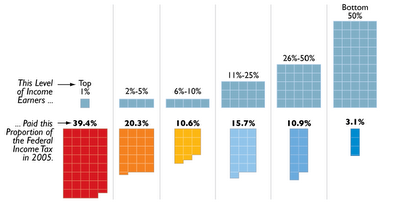What we’re left with is a confusing array of rules that you have to comply with in order to claim a deduction, when a few years ago all you really needed in most cases was a cancelled check. A recent court case illustrates how easy it is to run afoul of the documentation requirements.
In the case, the taxpayers did nothing more than donate several thousand dollars to their church during the tax year. Although the donations were made by check, the IRS disallowed all but a few hundred dollars because the taxpayers failed to obtain a timely receipt from their church to support the donations. Such receipt (or receipts) must be received by the time you file your return for the year of the donation (or, if earlier, by when the return is due). In addition, it must list any significant goods or services received in return for the donation (other than intangible religious benefits) or specifically state that the donor received no goods or services from the charity. In the case at hand, the taxpayers waited until their charitable deduction was challenged before trying to get a proper receipt. By then, of course, it was too late.
Why did the IRS only allow a few hundred dollars of the claimed deductions? The requirement to obtain a receipt only applies where a single donation (or a group of related ones) totals $250 or more. Eight of the taxpayers’ donations during the year (totally a little over $400) were for less than this amount. Thus, their cancelled checks were sufficient support for the deduction.
Separate from this court case, the IRS recently released new guidance on substantiating contributions. One area of focus is on the relatively new requirement that when donating cash, taxpayers can only obtain a deduction if they have a proper receipt from the charity. For taxpayers who incur unreimbursed out-of-pocket expenses while performing charitable work, this appeared to create a situation where such taxpayers might loose their deductions for these types of expenses since it is generally not practical to obtain receipts from charities for out-of-pocket expenses they know nothing about. Fortunately, the IRS has indicated they plan to adopt the common sense rule that if the out-of-pocket expenses for a charitable activity or event are less than $250, the donor can document the expenses simply by keeping appropriate purchase receipts or other reasonable written evidence.
This is just a glimpse at the documentation rules for charitable donations. I’d be happy to address any of the requirements for specific types of donations. Please feel free to email me.



